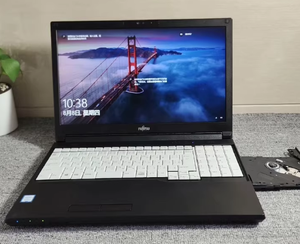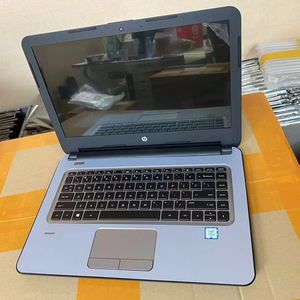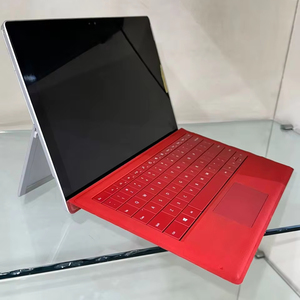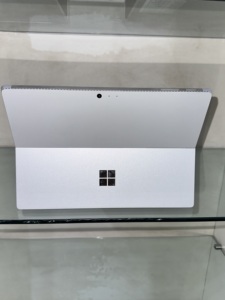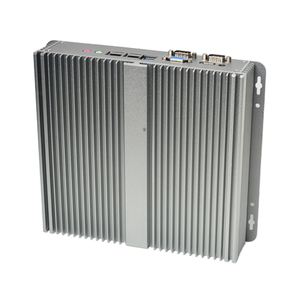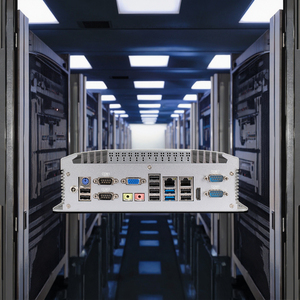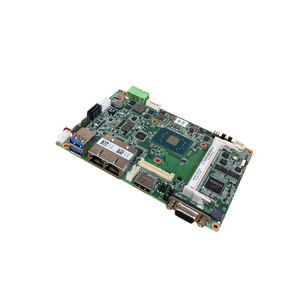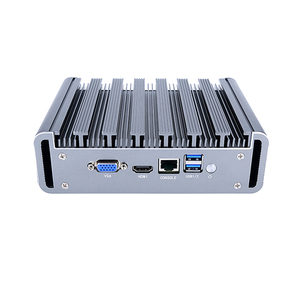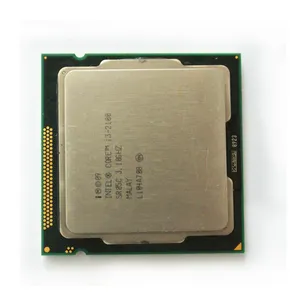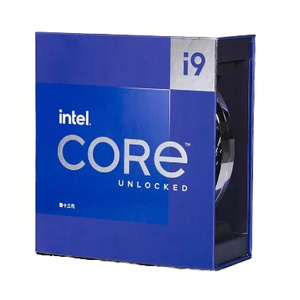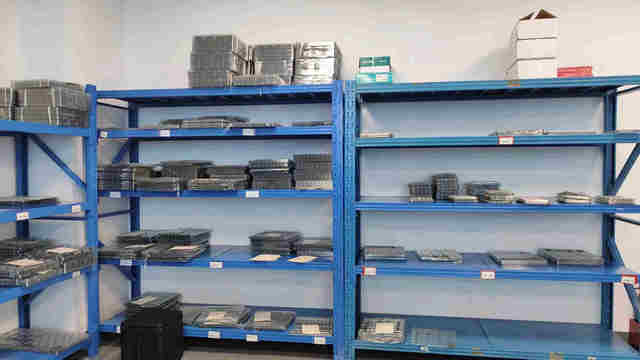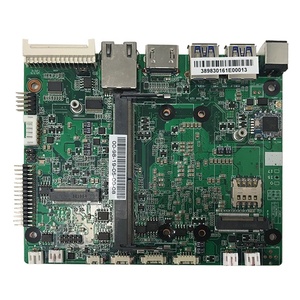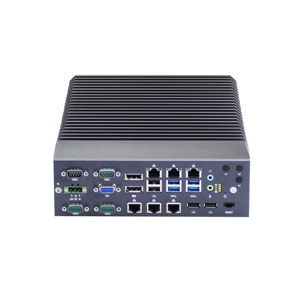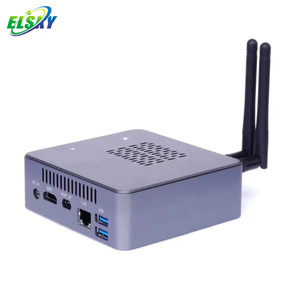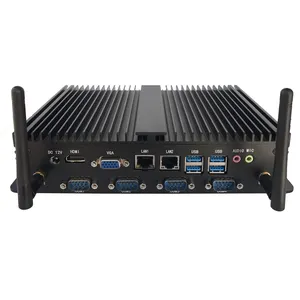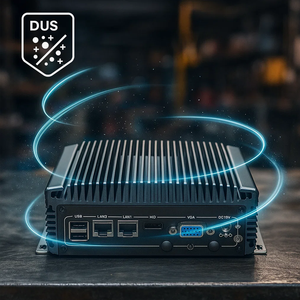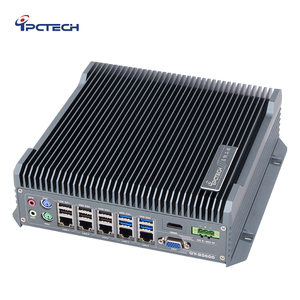6th Generation Of Computer Year





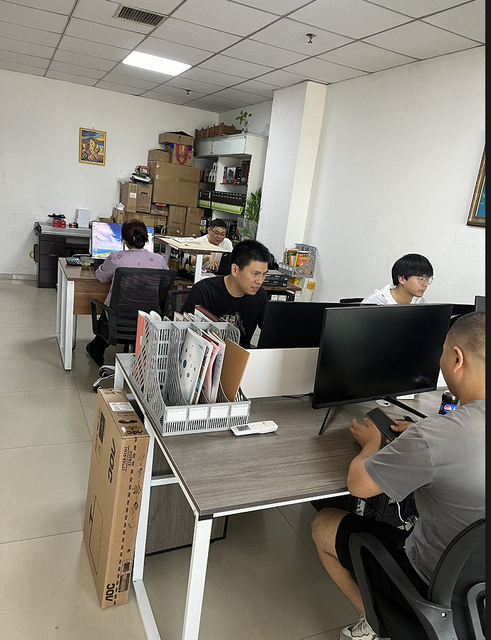



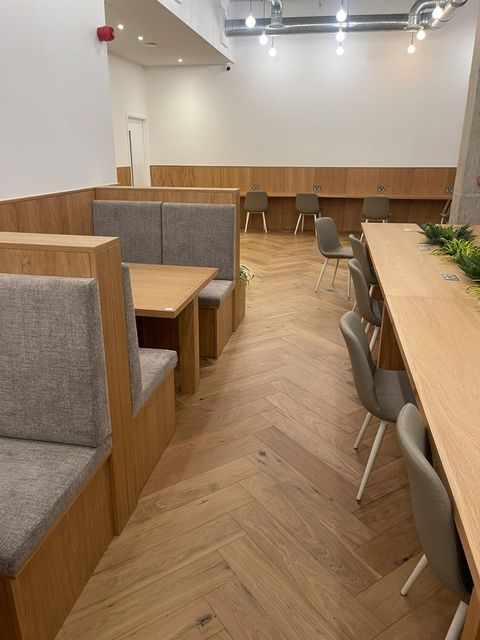
























 1/19
1/19








 1/48
1/48









 1/29
1/29




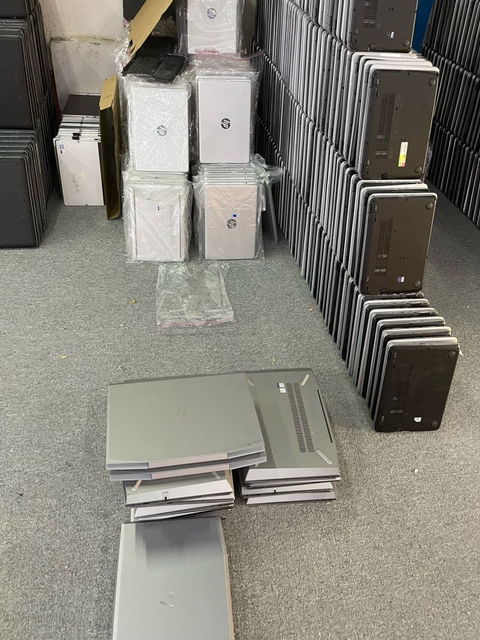











 1/14
1/14
About 6th generation of computer year
Where to Find 6th Generation Computer Suppliers?
China remains a central hub for sourcing 6th generation computer systems, with key suppliers concentrated in Guangdong, Henan, and Hebei provinces. These regions host specialized electronics manufacturing clusters that support high-volume production of desktops, laptops, mini PCs, and industrial computing units based on Intel’s 6th Gen Core architecture (Skylake). The supply chain benefits from proximity to component manufacturers, enabling rapid assembly and testing of legacy-compliant systems still in demand across education, enterprise, and embedded applications.
Suppliers in this ecosystem offer diverse product configurations—from refurbished business laptops to fanless industrial mini PCs—leveraging existing inventories of certified components. Buyers gain access to cost-optimized solutions with average price points ranging from $43 to $267, depending on form factor, condition (new, almost-new, or refurbished), and minimum order quantity (MOQ). Lead times are typically short, often within 1–15 days post-payment, due to pre-stocked inventory models and streamlined logistics networks centered around major export hubs like Shenzhen and Zhengzhou.
How to Choose 6th Generation Computer Suppliers?
Selecting reliable partners requires evaluating performance metrics and operational capabilities:
Product Authenticity & Specification Compliance
Verify that listed products explicitly feature Intel 6th Gen processors (e.g., Core i3/i5/i7-6xxx series) through detailed technical documentation. Request proof of original equipment manufacturer (OEM) branding (HP, Dell, Lenovo, Fujitsu) and confirm compatibility with modern operating systems and peripheral interfaces.
Supplier Performance Indicators
Assess reliability using quantifiable data:
- On-time delivery rates exceeding 90% indicate consistent logistics management
- Response times under 3 hours reflect proactive communication capacity
- Reorder rates above 25% suggest customer satisfaction and product consistency
- Verified online revenue (e.g., >US $170,000+) supports commercial scale and transaction volume
Order Flexibility and Transaction Security
Prioritize suppliers offering low MOQs (as low as 1 piece/set) for sampling or niche deployments. Confirm packaging standards, warranty terms (if any), and return policies. Utilize secure payment methods with buyer protection mechanisms, especially when purchasing used or refurbished units without formal manufacturer warranties.
What Are the Best 6th Generation Computer Suppliers?
| Company Name | Main Products | Price Range (USD) | Min. Order | On-Time Delivery | Avg. Response | Reorder Rate | Revenue Verified |
|---|---|---|---|---|---|---|---|
| Guangzhou Chengxi Electronic Trading Co., Ltd. | Mini PCs, Desktops, Workstations | $43.40–$267 | 10 pieces | 100% | ≤3h | 16% | US $1M+ |
| Zhengzhou Jingzhiquan Electronic Technology Co., Ltd. | Laptops, Motherboards, Used Laptops | $37–$105 | 1 piece/set | 99% | ≤2h | 27% | US $170K+ |
| Shenzhen Zeeboo Technology Co., Ltd. | Used Laptops, Business Laptops | $79–$239 | 2–10 sets | 85% | ≤4h | 33% | US $180K+ |
| DUMS-INFOTECH LIMITED | Business Laptops, Surface Devices | $100–$230 | 1 unit | - | ≤18h | - | - |
| ShuiSheng (Hebei) Technology Co., Ltd. | Industrial Mini PCs, All-in-One Computers | $199–$238 | 5–50 pieces | 100% | ≤1h | <15% | US $200+ |
Performance Analysis
Guangzhou Chengxi and ShuiSheng (Hebei) demonstrate perfect on-time delivery records, indicating strong fulfillment discipline despite differing market focuses—consumer-grade mini PCs versus industrial computing solutions. Zhengzhou Jingzhiquan stands out for low MOQ flexibility and competitive pricing on motherboards and used laptops, supported by a 99% delivery rate and sub-2-hour response time. Shenzhen Zeeboo achieves the highest reorder rate (33%), suggesting strong end-user satisfaction in the used laptop segment. DUMS-INFOTECH offers single-unit ordering ideal for testing or small deployments but lacks verifiable performance metrics, presenting higher risk for large-scale procurement.
FAQs
Are 6th generation computers still viable for business use?
Yes, particularly for office productivity tasks, point-of-sale systems, and light-duty computing where software requirements are moderate. Many refurbished 6th Gen systems run Windows 10/11 efficiently and integrate with standard peripherals via USB 3.0, HDMI, and DisplayPort interfaces.
What is the typical lead time for bulk orders?
Most suppliers can dispatch within 1–15 days after payment confirmation, as units are generally available in stock. Custom configurations or large volumes (>100 units) may require up to 25 days for quality checks and logistics coordination.
Can I request product certification or testing reports?
While formal certifications (e.g., CE, RoHS) are not always provided for refurbished units, reputable suppliers can supply functional test results, boot verification logs, and hardware diagnostics upon request. For industrial models, inquire about MTBF (Mean Time Between Failures) and thermal stress testing.
Do suppliers offer customization options?
Limited customization is available, primarily involving RAM upgrades, SSD installations, OS preloading, or branding. Industrial models may allow I/O configuration adjustments. Full hardware modifications are rare; buyers should confirm feasibility before placing orders.
How to minimize risk when buying refurbished 6th Gen computers?
Prioritize suppliers with high reorder rates and fast response times. Request sample units to evaluate build quality, performance, and cosmetic condition. Confirm whether devices have undergone cleaning, BIOS updates, and battery health checks. Prefer vendors offering at least a 3-month warranty or return window.







